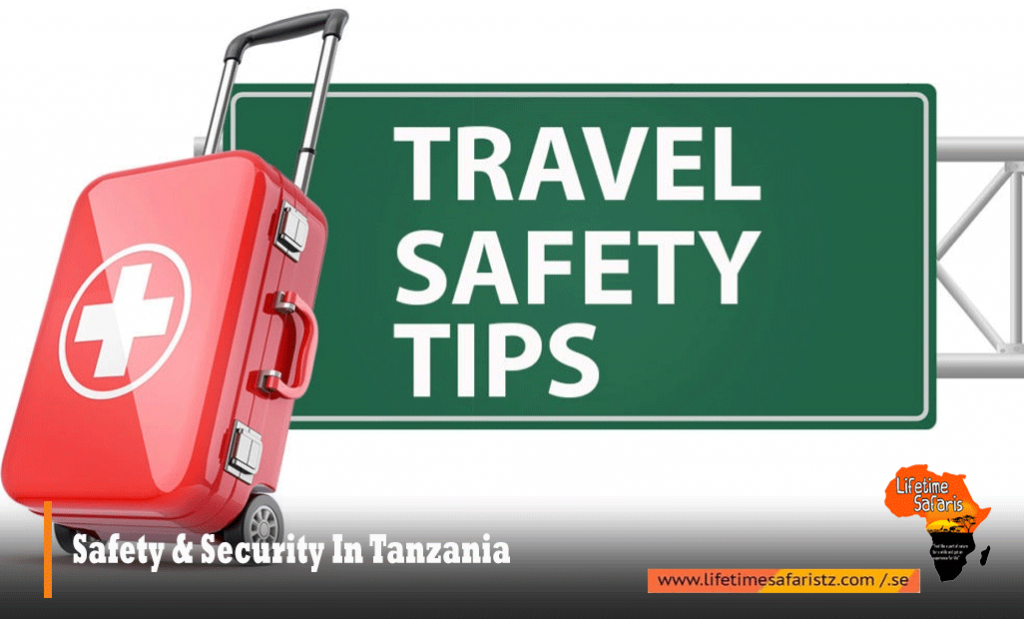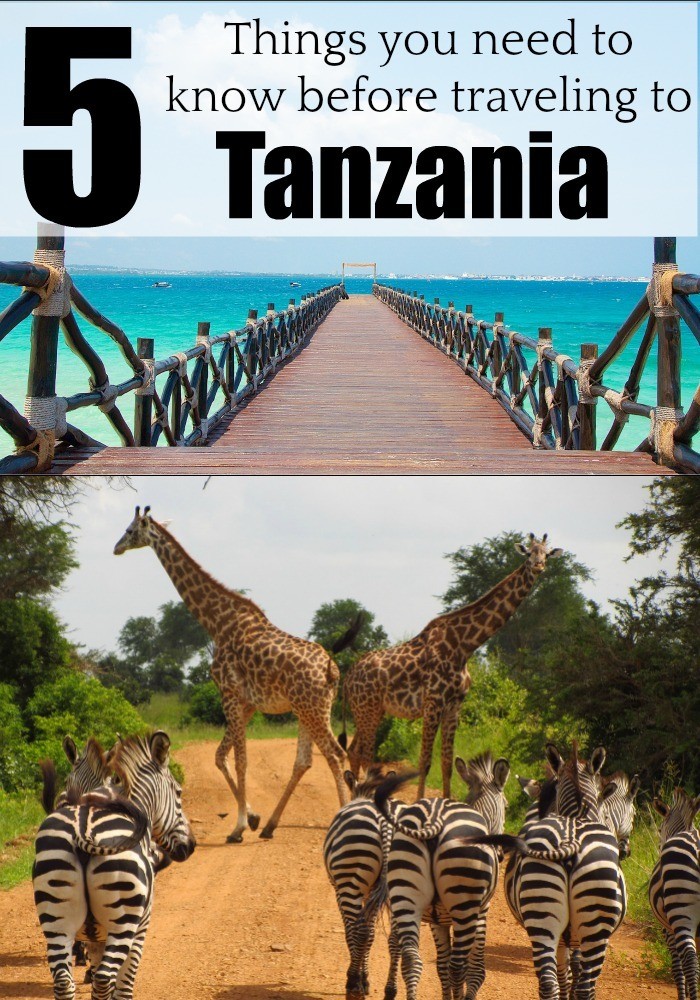Preparing for Your Trip
Understanding Potential Risks in Tanzania
Tanzania offers visitors a wealth of natural and cultural attractions, from the diverse ecosystems of Serengeti National Park to the architectural heritage sites of Zanzibar. However, it’s important for travelers to do their research and take appropriate precautions when visiting the country. Like any foreign destination, Tanzania poses certain risks that adventurous tourists should be aware of before embarking on their trip. Taking time to understand potential concerns around crime, transportation, health, wildlife, and cultural sensitivities can help ensure a safe and enjoyable experience.

Consulting Official Travel Advisories
No destination is entirely risk-free, so checking for the latest safety announcements from government authorities is a wise first step. The US State Department and UK Foreign Office both maintain up-to-date travel advisories on Tanzania, highlighting areas to avoid due to civil unrest or terrorist threats. Natural disasters like flooding or disease outbreaks may also pose seasonal risks. Reading these advisories gives a broad overview of the current stability and any politically sensitive regions to circumvent. Advanced planning allows adjusting an itinerary proactively to account for warnings in low-risk but potentially unstable areas.
Working with Experienced Local Operators
For first-time visitors unfamiliar with Tanzanian geography, culture and safety considerations, booking guided tours with reputable operators provides invaluable security. These companies employ local staff with in-depth knowledge of transport routes, accommodations, emergency protocols and cultural norms throughout the country. Well-established safari specialists like &Travel have drivers trained in defensive off-road driving techniques and first aid certification. Opting for packaged itineraries from certified professionals removes much of the risk associated with independent travel, freeing visitors to fully immerse in rewarding cultural experiences without safety concerns.
Staying Safe on Your Trip
Securing Lodging in Low-Crime Areas
Major cities like Dar es Salaam and Arusha have elevated petty theft risks, so selecting accommodations strategically reduces vulnerabilities. Reputable hotels in central business districts employ overnight security and maintain carefully monitored entry/exit points. Budget-minded travelers can opt for guesthouses in suburban neighborhoods frequented less by opportunistic thieves. Rural villages and beach towns present very low crime threats. Checking guest reviews on platforms like TripAdvisor allows comparing locations’ security protocols before booking anywhere secluded or isolated.
Practicing Vigilant Personal Security Habits
No destination is entirely risk-free, so travelers must remain situationally aware. In metropolitan areas and crowded markets, keep cash and valuables concealed, using hotel/lodge safes where possible. Avoid walking alone at night and display visible caution when interacting with strangers. Trust instincts and remove oneself politely from any encounters feeling unsafe. These simple habits, along with avoiding public displays of wealth can dramatically reduce vulnerability to crime without compromising the enjoyment of cultural interactions and activities. Maintaining vigilance balances openness and safety effectively.
Protecting Health with Proper Precautions
Tanzania’s varied climates present disease risks, notably malaria across much of the nation below 1800m in elevation. Consulting physicians well in advance of travel allows time for recommended inoculations, antimalarial medications fits one’s itinerary and prevention strategies. These may include using insect repellent containing DEET or picaridin, wearing long sleeves and pants at dusk, and sleeping under treated bed nets provided at lodges in high transmission areas. Waterborne illnesses also threaten, so drinking only bottled, boiled or treated water avoids such infections
Exploring Tanzania’s Natural Wonders
Preparing for Safaris in Wildlife Areas
Tanzania’s parks and conservation areas offer some of Africa’s best game viewing, yet interacting with wild animals demands proper preparations. Accredited tour operators provide guides highly experienced in wildlife behaviors and safety protocols. They carry first aid kits and means of contacting park rangers or ambulances in emergencies. Visitors must heed guides’ instructions for minimum approach distances and get inside vehicles if large predators are sighted. Staying with organized vehicles minimizes risks compared to walking or amateur drives which could startle animals.
Observing Cultural Norms with Sensitivity
Tanzania’s diversity arises from over 120 ethnic groups, each with unique traditions. Showing respect involves dressing modestly, especially at mosques, and asking permission before photographing people. Initiating physical contact is generally avoided. Extending greetings upon meeting and departure demonstrates polite interactions valued across regions. Observing such social norms maintains cultural understanding and security. Guides educate outsiders appropriately to blend seamlessly into local communities versus drawing negative attention through disrespectful foreign behaviors.
Planning Your Perfect Tanzania Itinerary
Building an Experience-Rich Schedule
With decades hosting travelers, Tanzania offers time-tested highlights along with hidden gems prized by culture-seekers. Itineraries should proportion multiple destinations versus hurriedly checking locations off lists. Allow spacious time in flagship parks like Serengeti, Tarangire and Lake Manyara to absorb nature. Zanzibar’s oceanic splendor merits 5-7 days exploring Stone Town’s alleys and west coast beaches. Cultural encounters around townships like Arusha and Moshi fit day trips. Adjusting slower village homestays counterbalances safari adventures. Well-planned flexible schedules optimize lifelong memories versus mere snapshots.
Leaving Room for Spontaneity
No amount of top-down planning replaces immersing through chance local encounters. Guides adeptly reroute near unforgettable wildlife sightings off the beaten path. Letting daily activities emerge organically through conversations keeps travel fresh. Micro-adjustments tuning into one’s interests craft unrepeatable experiences. Leaving vacations partly open-structured invites delightful surprises. Combined with precautionary research, this balanced spontaneity fulfills Tanzania’s potential for personal growth through exposure to diversity in scenery and people alike. In the end, well-prepared conscious participation creates safety alongside deeply meaningful cultural interactions and insight.

 Exploring the Hidden Gems of Jinan, the Ancient Capital of Shandong Province
Exploring the Hidden Gems of Jinan, the Ancient Capital of Shandong Province